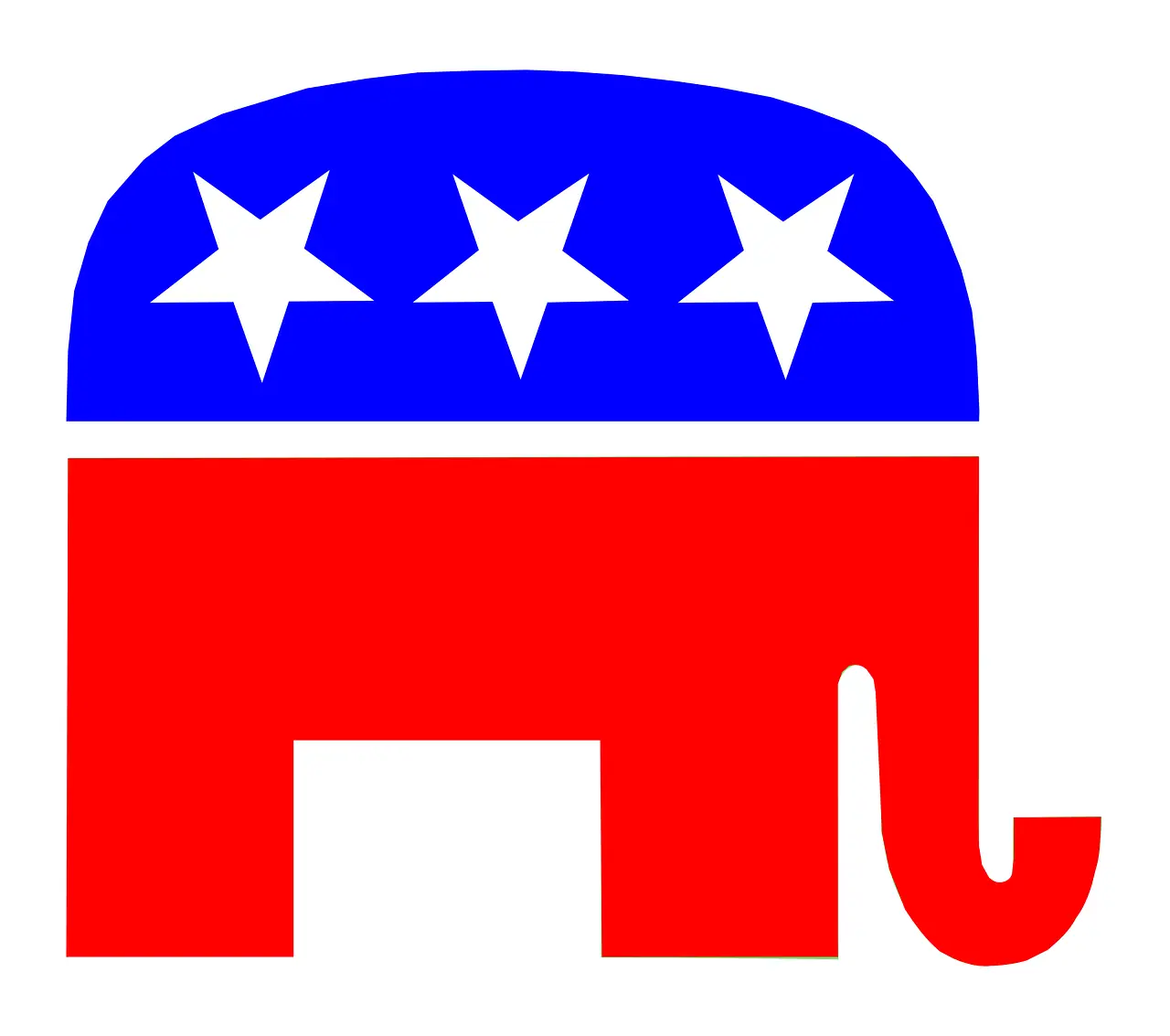By: Jaron Hansen Republican State Delegate
Last Saturday, Utah Republicans gathered at the Salt Palace for the 2024 Republican Organizing Convention. This convention afforded delegates an opportunity to choose which candidates the state party will endorse or nominate. Many federal and state offices are still up for grabs. On the federal side, delegates chose as the Republican convention nominee the Trump-endorsed mayor of Riverton Trent Staggs 69.7% to fill Mitt Romney’s senate seat. Other competitors including Representative John Curtis, former Speaker of the State House Brad Wilson, and businessman Jason Walton, will still qualify for the primary thanks to signature gathering.
For the third congressional district replacing John Curtis, Utah County lawyer and doctor Mike Kennedy won 61.54% of the vote against a packed field. Again, he will face other signature-gathering candidates like Roosevelt’s JR Bird, State Auditor John Dougall, former Utah County Chair Stewart Peay and businessman Case Lawrence. For state office, delegates chose Phil Lyman 67.54% of Blanding over the incumbent Spencer Cox. Cox defended himself in front of delegates, pointing out how previous candidates who lost at convention ended up winning the primary. Cox also gathered enough signatures to qualify for the ballot. All signature gatherers except JR Bird paid for the majority of their signatures to buy their way onto the ballot.
State House District 67 is a contested seat this cycle. It covers parts of Emery and Duchesne Counties and all of Carbon County. Local delegates chose teacher and small business owner Thomas Hansen of Elmo over incumbent Christine Watkins who works for the state AOG/SERDA by a landslide 88%. He is now the Republican Party’s endorsed candidate for this race. No other candidate for state office won by as high a margin. Watkins has held the seat both as a Democrat and now as a Republican spanning two decades and qualifies for June’s primary by paid signature gathering. The winner of that primary will face Democrat Joe Christman in the November general election.
Key issues at convention included the doubling of the state’s budget in the last ten years and the subsequent state bureaucracy which has expanded to include jobs for legislators. Money has also gone to nonprofits that advocate for sanctuary cities. Delegates believe that this growth in state power needs to be scaled back. State delegates also believe that Utah needs to continue leading out on energy so that it is reliable, affordable, and dispatchable for years to come. Justice reform, including the need for Ashley’s law, was also emphasized. The party is also concerned about federal overreach into public lands. Last but not least is the state of education, particularly in rural areas. Local school districts are near the bottom in classroom funding because there is not a proper funding mechanism for rural schools.

